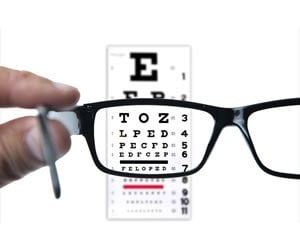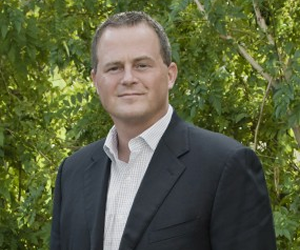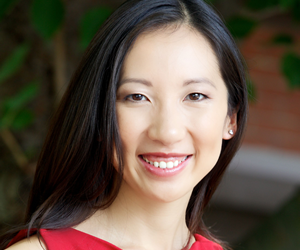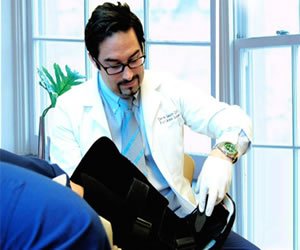
A Clear Vision: A Conversation with John Flanagan, Dean, UC Berkeley School of Optometry
When John Flanagan was 5 years old, he began suffering from migraines. “One of the ... Read more
Suzanne Barston
Updated August 25, 2022 by Suzanne Barston

When John Flanagan was 5 years old, he began suffering from migraines. “One of the ... Read more
Suzanne Barston
Updated August 25, 2022 by Suzanne Barston

Well Baby visits can be stressful for both physicians and the new parents – not ... Read more
Brian Wu
Updated March 19, 2019 by Brian Wu

When did you know you wanted to be a doctor? the pre-med asked. Maybe it should ... Read more
Megan Riddle
Updated June 27, 2022 by Megan Riddle

Unfortunately, roughly half of all applicants to American allopathic medical schools will not receive an ... Read more
Anubodh “Sunny” Varshney
Updated June 27, 2022 by Anubodh “Sunny” Varshney

Dr. Barbara Pro, a medical oncologist in Philadelphia, is a Thomas Jefferson University-Kimmel Cancer Center ... Read more
Juliet Farmer
Updated June 27, 2022 by Juliet Farmer

Life as a med student is a blur of tests and clinicals with many nights ... Read more
Shire Lyon
Updated June 27, 2022 by Shire Lyon

Republished with permission from here. “What can you do here that we can’t do at home?” ... Read more
Kevin Dueck
Updated June 27, 2022 by Kevin Dueck

Dr. Kent Kiehl is an associate professor in the department of psychology at the University ... Read more
Juliet Farmer
Updated June 27, 2022 by Juliet Farmer

Medical students deal with a lot of scary things: frequent do-or-die exams, looming USMLE or ... Read more
Brent Schnipke
Updated July 22, 2022 by Brent Schnipke

Dr. Leana Wen was on a roll. The Washington University medical student was president of ... Read more
Suzanne Barston
Updated June 27, 2022 by Suzanne Barston

In 2013, roughly half of all medical school applicants did not receive an acceptance letter. ... Read more
Anubodh “Sunny” Varshney
Updated June 27, 2022 by Anubodh “Sunny” Varshney

The premed journey is different for everyone. For some, it’s really not that much of ... Read more
PreMedLife
Updated June 27, 2022 by PreMedLife

Devon Glazer, DPM, Fellow of the American College of Foot and Ankle Surgeons (FACFAS) and ... Read more
Juliet Farmer
Updated June 27, 2022 by Juliet Farmer

Despite being the current President of the American College of Physicians (ACP), David A. Fleming, ... Read more
Suzanne Barston
Updated June 27, 2022 by Suzanne Barston

Republished with permission from here. Congratulations! You’ve made it to the clinical portion of medical ... Read more
Rishi Kumar
Updated June 27, 2022 by Rishi Kumar

Neuromodulation is an exciting therapy for improving neurological ailments. When I graduated medical school in ... Read more
Shannon Hann
Updated March 19, 2019 by Shannon Hann

Pre-medical students can – and should – take advantage of the many opportunities available to ... Read more
Anubodh “Sunny” Varshney
Updated June 27, 2022 by Anubodh “Sunny” Varshney

I am a young hospitalist who is 16 months into my role at an urban ... Read more
Joshua Allen-Dicker
Updated August 25, 2022 by Joshua Allen-Dicker

“To sleep, perchance to dream – ay, there’s the rub” ~ Hamlet The irony of ... Read more
Megan Riddle
Updated June 27, 2022 by Megan Riddle
Current phase of the application cycle.
You are viewing information for the Early Prep phase of the application timeline.